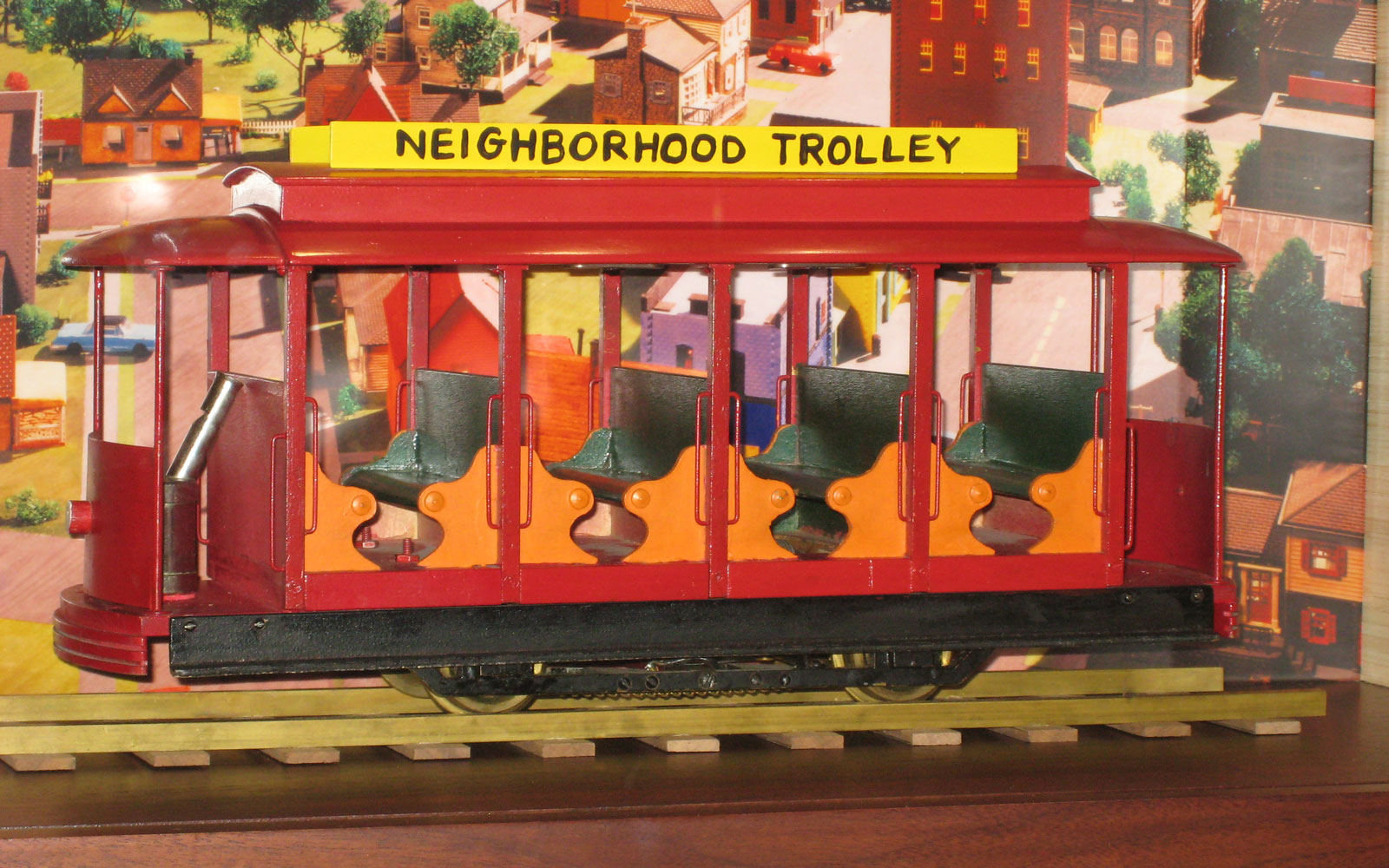Wrapping up a two-week vacation that began with our anniversary week, Collen and I decided to go to the movies. She suggested the new Fred Rogers documentary that came to the big screen recently – where filmmaker Morgan Neville examines the life and legacy of Mr. Rogers. My first reaction was – not so sure. I wasn’t his biggest fan, but I didn’t know why. Recommended by my daughter I thought, “what the heck?”
Every day the character, played by Fred Rogers, would get home from work, put on a cardigan and sneakers, and talk to his neighbors, delivering lessons on friendship, love, kindness, acceptance, and more. (We, the viewers, were his neighbors, too).
I remember watching Mr. Rogers Neighborhood as a youngster but only on rare occasion. I saw more episodes as re-runs, when my daughter was growing up, than when I was a little tike. Probably because I was a bit older than the target audience when he first came on the air. But who could forget the parities. One sketch, in particular, stuck out to me. It was hilarious – Eddie Murphy on Saturday Night Live. Yikes. But in true Fred style, in 1982, he was at Rockefeller Center in New York and had just finished taping a segment of Late Night With David Letterman. According to David Newell, who accompanied Fred on the trip, staff suggested Fred stop by the set of Saturday Night Live and meet Eddie Murphy. It was taped on the building’s ninth floor. “Fred knocked on Eddie’s dressing room door. When Eddie opened it, he took a step back, surprised, then got a big smile on his face and said, ‘The REAL Mister Rogers’, and hugged Fred.”
That’s Fred Rogers. He didn’t avoid conflict. He tackled the hard subjects head on. He spoke often about kindness, love, and acceptance, but he also understood that getting angry is a fact of life. Rather than try to get rid of our anger, Mister Rogers taught us that it was important to manage it.
“I found that if I played the piano when I was angry, [my parents] didn’t mind that,” he said. “And then little by little, I’d see the music would be sounding less and less angry. So it seemed the more I played, the more anger got out of me, and I felt better about everything.”
“The thing to remember is that we’re in control of our anger: It does give you a good feeling to know that there’s something that you can do to help you become the master of the mad that you feel, and not have to hurt yourself or anybody else,” he said.
I literally had tears in my eyes for most of the last third of the documentary. If there were ever a man that exuded love – to the bone – it was Fred Rogers. I didn’t realize how intentional he was about delivering the message of identity security to so many young children. Encouraging them constantly to understand the unique nature of each individual and what they had to offer to the world. It was uncanny. Yet so Christ-like. A message delivered in complete concert with the 2nd greatest commandment to love your neighbor as yourself. Not only to the little ones on his show but to college students at commencement addresses.
Here’s an excerpt from his 2002 speech to graduates at Dartmouth University. “There’s a neighborhood song that is meant for the child in each of us, and I’d like to give you the words of that song right now. ‘It’s you I like, it’s not the things you wear. It’s not the way you do your hair, but it’s you I like. The way you are right now, the way down deep inside you. Not the things that hide you. Not your caps and gowns, they’re just beside you. But it’s you I like. Every part of you. Your skin, your eyes, your feelings. Whether old or new, I hope that you remember, even when you’re feeling blue, that it’s you I like. It’s you, yourself, it’s you. It’s you I like.’
And what that ultimately means, of course, is that you don’t ever have to do anything sensational for people to love you. When I say it’s you I like, I’m talking about that part of you that knows that life is far more than anything you can ever see, or hear, or touch. That deep part of you, that allows you to stand for those things, without which humankind cannot survive. Love that conquers hate. Peace that rises triumphant over war. And justice that proves more powerful than greed.
So, in all that you do in all of your life, I wish you the strength and the grace to make those choices which will allow you and your neighbor to become the best of whoever you are.”
A stellar example of what Christ calls us to do first. Love Him. Then love others. Wow.
I love this statement from New York Times movie critic A.O. Smith as he characterized Rogers in this way. “Mister Rogers’s demeanor balanced openness with reserve, curiosity with tact. The most radical thing about him was his unwavering commitment to the value of kindness in the face of the world that could seem intent on devising new ways to be mean. ‘Let’s make the most of this beautiful day,’ he would sing at the start of each episode. He made it sound so simple, but also as if he knew just how hard it could be.” I couldn’t agree more.
Let’s take lessons from Fred Rogers and make our life about LOVE. The love that saved us and unconditionally accepts us. Just the way we are.






